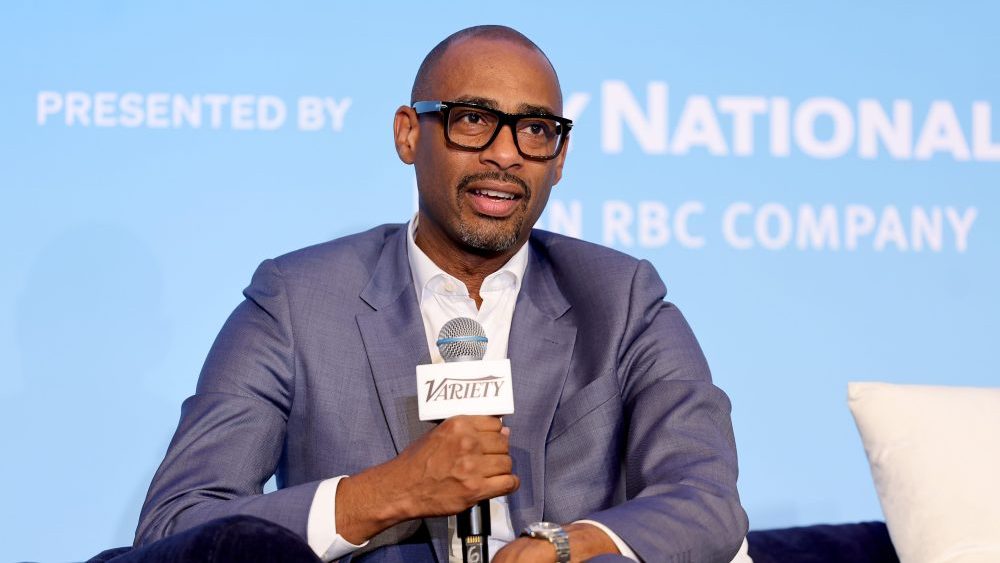Charles D. King Shares Why Leaving WME to Launch Macro Was Worth It
Charles D. King has an impressive list of accomplishments, including an Oscar nomination for best picture for his 2021 feature “Judas and the Black Messiah.” But his proudest moment came when he told his young sons that he was quitting WME, where he was the first Black partner, to launch Macro, a multi-platform media company amplifying the voices and perspectives of people of color.
“They said to me, ‘Dad is going to be a boss!’ and started jumping up and down on their bed,” recalls King. “Whether Macro had gotten to the place we are now or not, I would have already felt like I succeeded.”
Since founding Macro in 2015, King has produced or executive produced features including Juel Taylor’s “They Cloned Tyrone” (2023), Boots Riley’s “Sorry to Bother You” (2018), Dee Rees’ “Mudbound” (2017) and the Denzel Washington-starrers “Roman J. Israel, Esq.” (2017) and “Fences” (2016). The latter earned a supporting actress Oscar for Viola Davis and best picture, actor and adapted screenplay nominations.
Born in Harlem and raised in Georgia, the son of a pediatrician father and a mother who wrote poetry and novels, King dabbled in modeling before earning a B.A. from Vanderbilt and a law degree from Howard, shifting his attention from a legal career to agency representation after an MTV lawyer suggested it would be a good fit.
Heeding the advice, King moved to Los Angeles. He had less than $500 in the bank and massive student debts, but he was able to buy a $2,000 car with a credit card and rent a one-bedroom apartment. After taking 60 meetings in six weeks, he landed a $300/week job in the mailroom at William Morris.
“There were some very lean days, but ultimately having a vision and knowing that I had a long-term plan was what helped me kind of power through it,” says King.
Today, King oversees multiple divisions as CEO of Macro, including film and television studios, an in-house creative agency and a seed-stage venture capital firm. He foresees continued growth for the company, particularly outside the U.S. Says King: “That’s the way that our company is macro, because we’re looking at this from a global perspective.”

